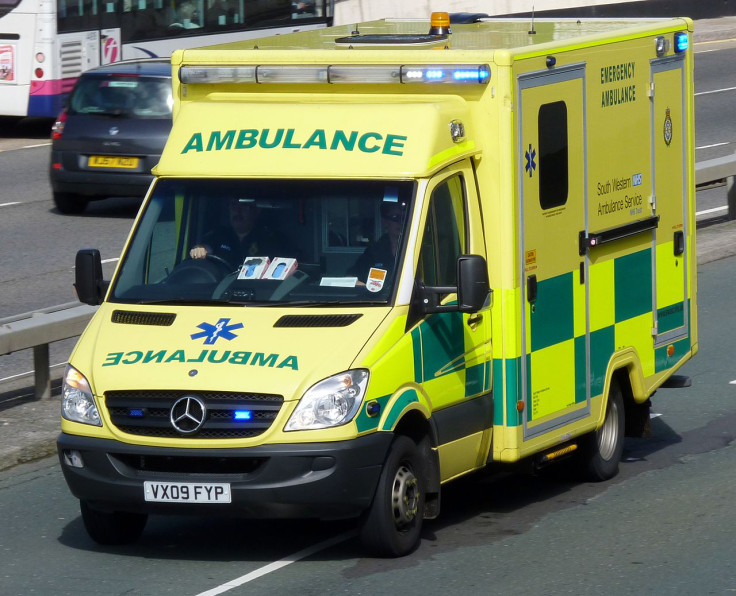Ambulance vehicles for obese patients being built in the UK
Large amounts of money going into designing and adapting vehicles for obese patients

Ambulance services in some parts of the UK are planning to upgrade their fleets to carry obese patients weighing more than 50 stone (317.5 kilos). So far hundreds of ambulances have been adapted to carry clinically obese patients. The specialist vehicles can cost up to £100,000 each.
The Press Association has obtained figures which show that more than 800 ambulances have been adapted or designed from scratch to deal with heavy patients.
Known as bariatric vehicles, they have wide doors, specialist hoists and reinforced stretchers. The vehicles first appeared several years ago and their use is becoming routine. Some ambulance services are adapting all of their vehicles while others are setting up smaller specialist units.
Paramedics say that is common to have to treat patients at home who are housebound and cannot easily attend a GP surgery or casualty department because of their weight.
Tracey Nicholls works for the East of England Ambulance Service and is a council member of the College of Paramedics. Her trust's specialist unit has been deployed more than 250 times over eight months.
In an interview with The Times she said that sometimes it has to attend due to access problems. "Two or three ambulances and a fire truck arrive in a street and we have to remove a window to get the patient out and that attracts a lot of attention," she said.
A quarter of all adults in the UK are obese. Tam Fry is a spokesman for the National Obesity Forum. He said: "If you have these people you have to cater for them and have extra-heavy ambulances. But what we're doing is spending a sack of money on treatment, when what we've really got to be doing is stopping people getting fat in the first place."
Tam Fry is a spokesman for the National Obesity Forum. He said: "If you have these people you have to cater for them and have extra-heavy ambulances. But what we're doing is spending a sack of money on treatment, when what we've really got to be doing is stopping people getting fat in the first place."
Meanwhile, the Yorkshire Ambulance Service has ensured that since 2009 all new vehicles are bariatric compatible while the Welsh Ambulance Service has 196 bariatric vehicles.
© Copyright IBTimes 2025. All rights reserved.





















